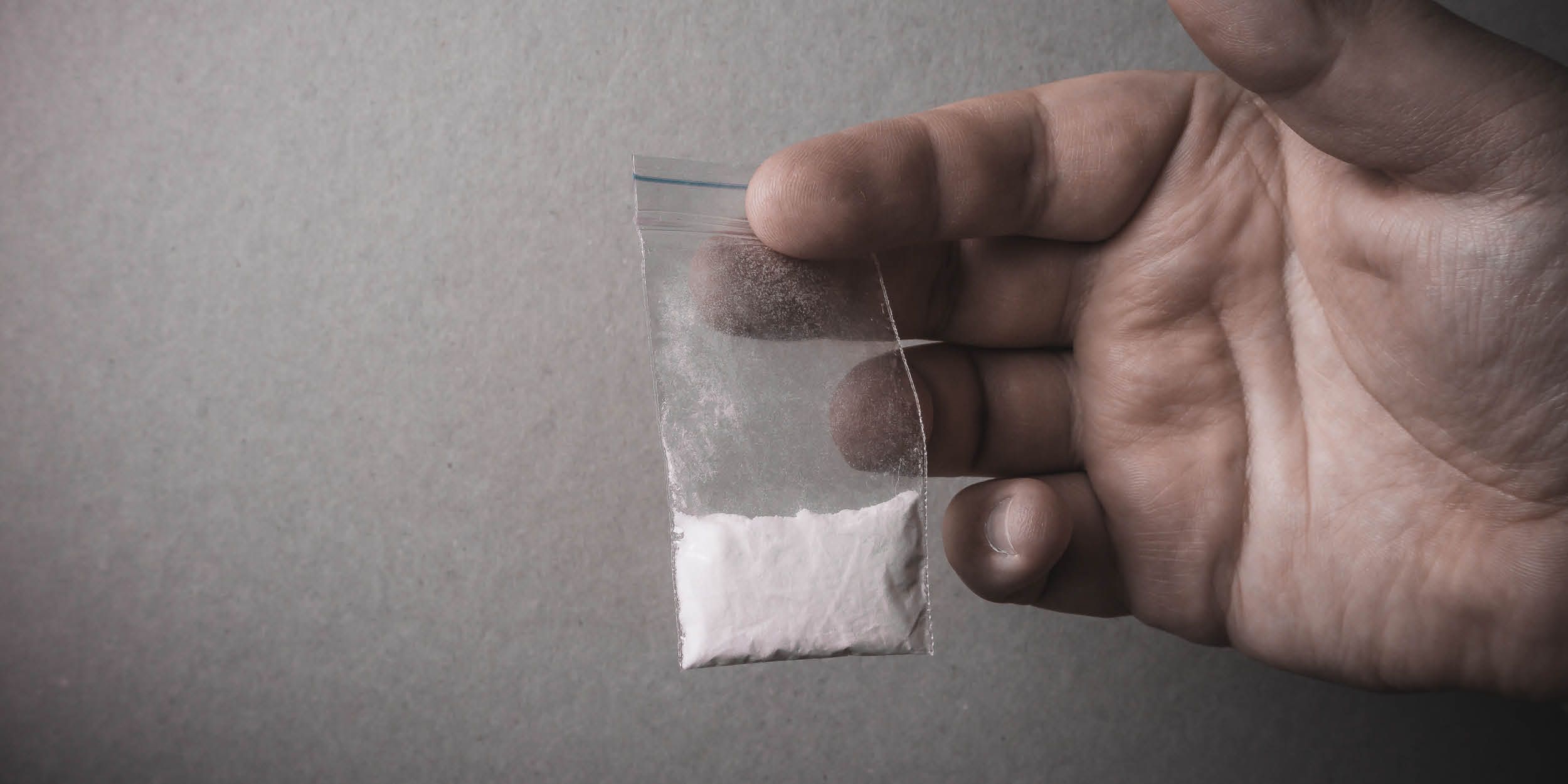What Are The Effects Of Ketamine Overdose ??

Ketamine is a tranquilizer that is commonly used in veterinary practices to place small animals into a deep anesthetic state for surgical procedures. Unfortunately, ketamine often finds its way to the streets and is used recreationally by humans in clubs and party scenes. When taken improperly or if too much of the drug is taken, ketamine overdose can occur. Permanent side effects may result from ketamine overdose including comma, psychosis, or even death.
What is Ketamine Overdose?
A ketamine overdose is a result of taking too much ketamine and having an adverse reaction to the drug. Unfortunately, it’s hard to tell how much is too much because every user is different and will experience different effects from Ketamine. Some can take the drug recreationally without any major problems arising while others may take just a small amount and find themselves suffering from extreme reactions to the drug. The hallucinogenic qualities of Ketamine make this a very unreliable and unpredictable drug that poses serious dangers to the user.
What Happens?
When ketamine overdose occurs, the user will suffer adverse reactions to the drug which may include severe sedation, sleepiness, or psychosis. The exact reaction that a user has to the drug will depend on various factors including the amount of the drug that was taken, how the drug was taken,also Buy ketamine USA , whether other substances are also involved, and the individual health of the user prior to taking the drug.
When a user takes an overdose of Ketamine, there is a serious risk of respiratory failure which is the leading cause of death with Ketamine overdose. Additional complications may include losing consciousness, having trouble breathing as the airways become clogged, slipping into a deep sleep or coma, nausea and vomiting, and hallucinations.
Effects of Ketamine
When Ketamine is used, the user will feel sedated and relaxed. In mild to moderate doses, this sedation may be comfortable and inviting but when an excessive dose of Ketamine is taken, especially through injection, the user is at serious risk of suffering long-term, damaging consequences. The effects of this drug usually wear off in a few hours but, if overdose occurs, the effects may never fully go away. Overdose that results in a loss of consciousness or a lack of oxygen to the brain can lead to permanent brain damage, paralysis, or other serious complications for the user.
Treatment for Ketamine Overdose
If you suspect that someone you know has taken a dangerous amount of Ketamine, contact a health professional immediately by calling 911. Getting help fast may save a life!
Treatment for Ketamine overdose will involve a range of medical intervention techniques that are aimed at eliminating the toxic drug from the body, counteracting its effects, and helping the patient to heal. Various medications may be administered to help counteract the effects of the Ketamine and to stabilize the patient. Such drugs will help to keep the respiratory system and the central nervous system of the user at a stabilized point so that serious long-term damage does not occur.
Depending on the amount of Ketamine that was consumed and the method of consumption (injection, oral consumption, nasal inhaling) various methods of treatment for the overdose may be used. It’s important to be open and honest with the doctors or other treatment professionals when being treated for Ketamine overdose. Providing as much information as possible will help them to provide you or your loved one with the best treatment that they can.
Ketamine overdose, though treatable if it is caught early enough, is highly risky and could lead to deadly consequences. It is recommended that anyone who receives treatment for a Ketamine overdose seek further help for their substance abuse problems once they are stabilized fully from the overdose effects. Such treatment may include counseling and therapy which will help the user to understand why their drug use began, how they can prevent it from occurring again, and how they can live sober.

-3.png?width=698&height=393&name=blog%20image%20Salima%20(1)-3.png)